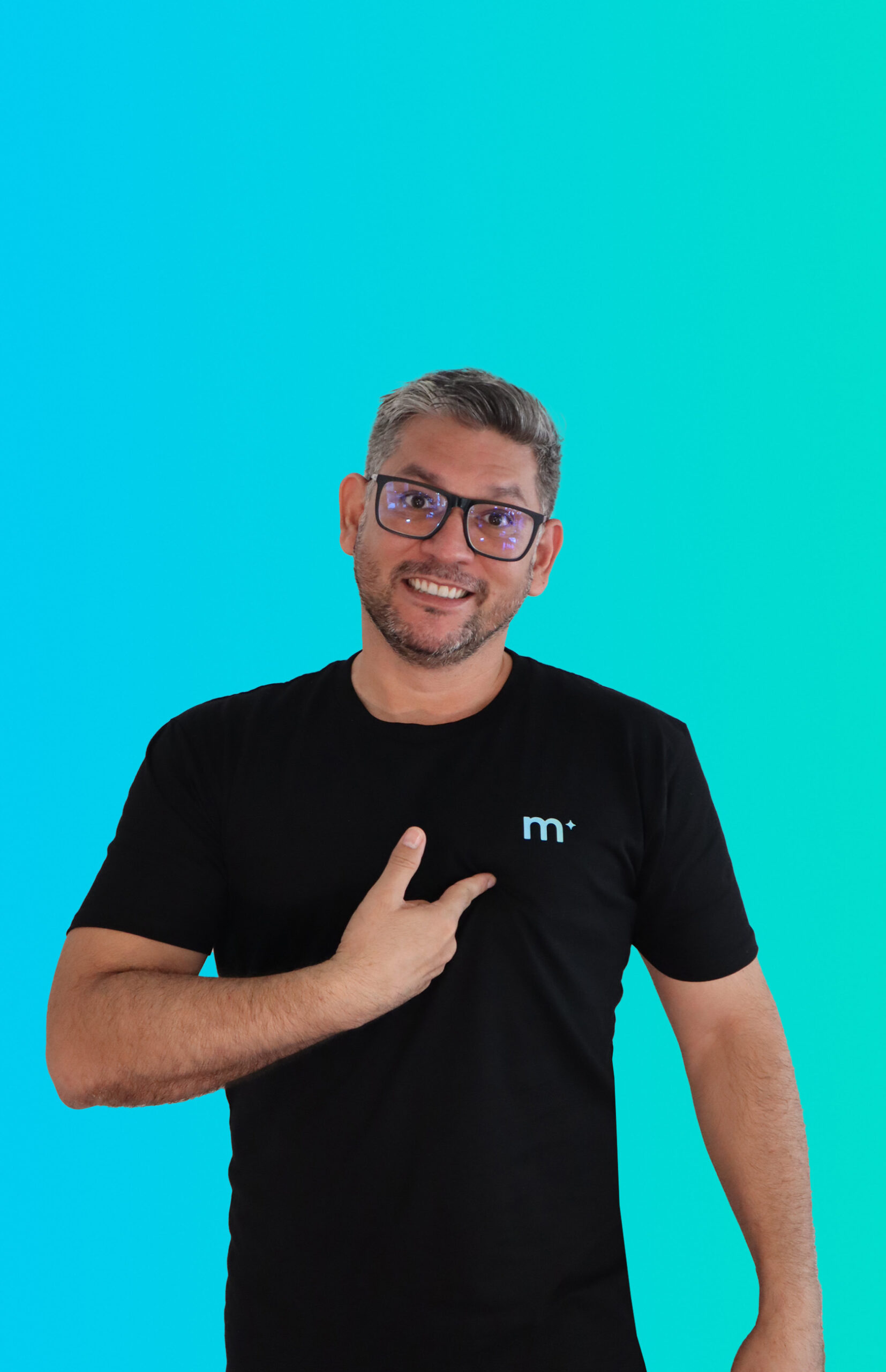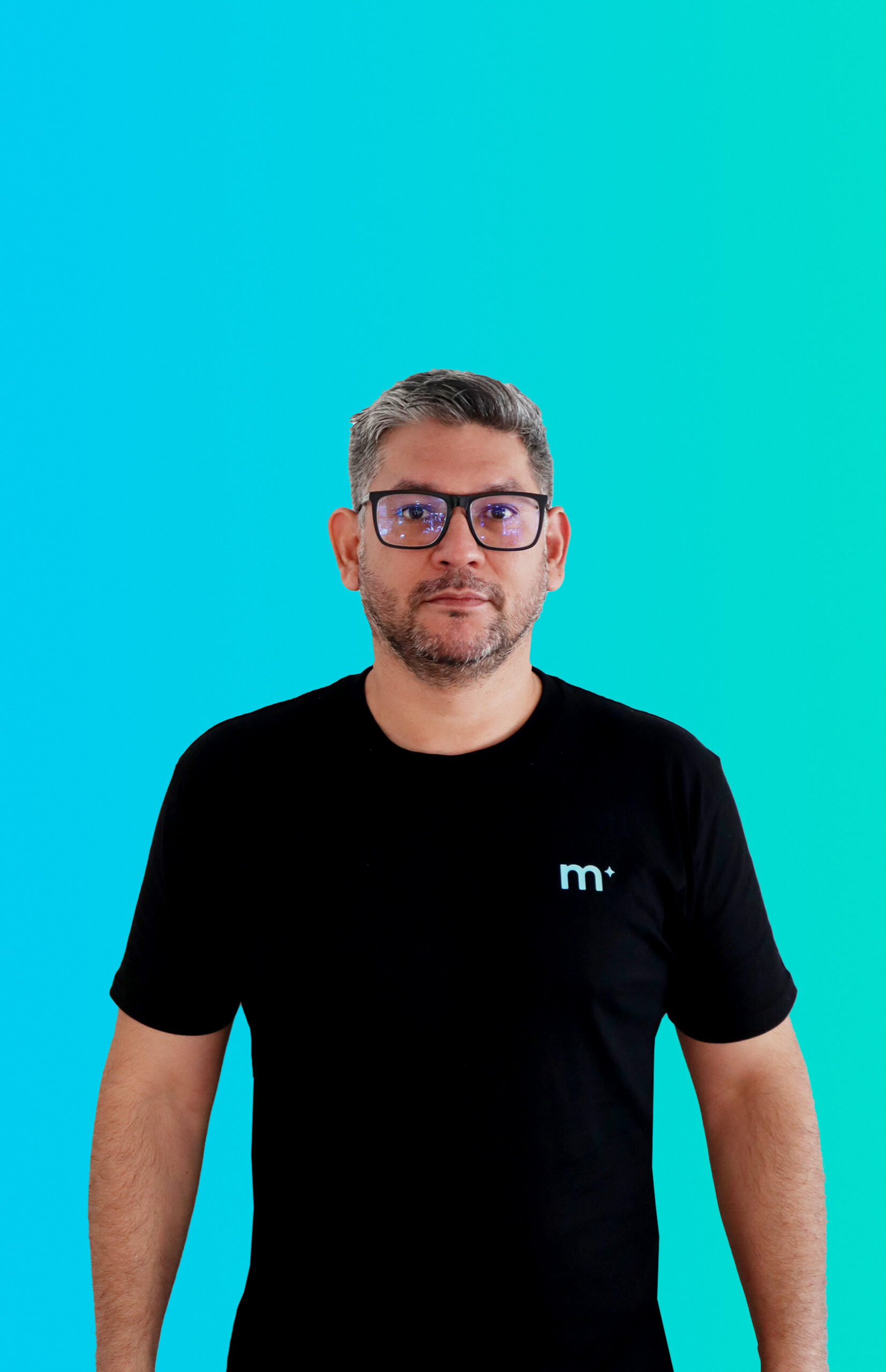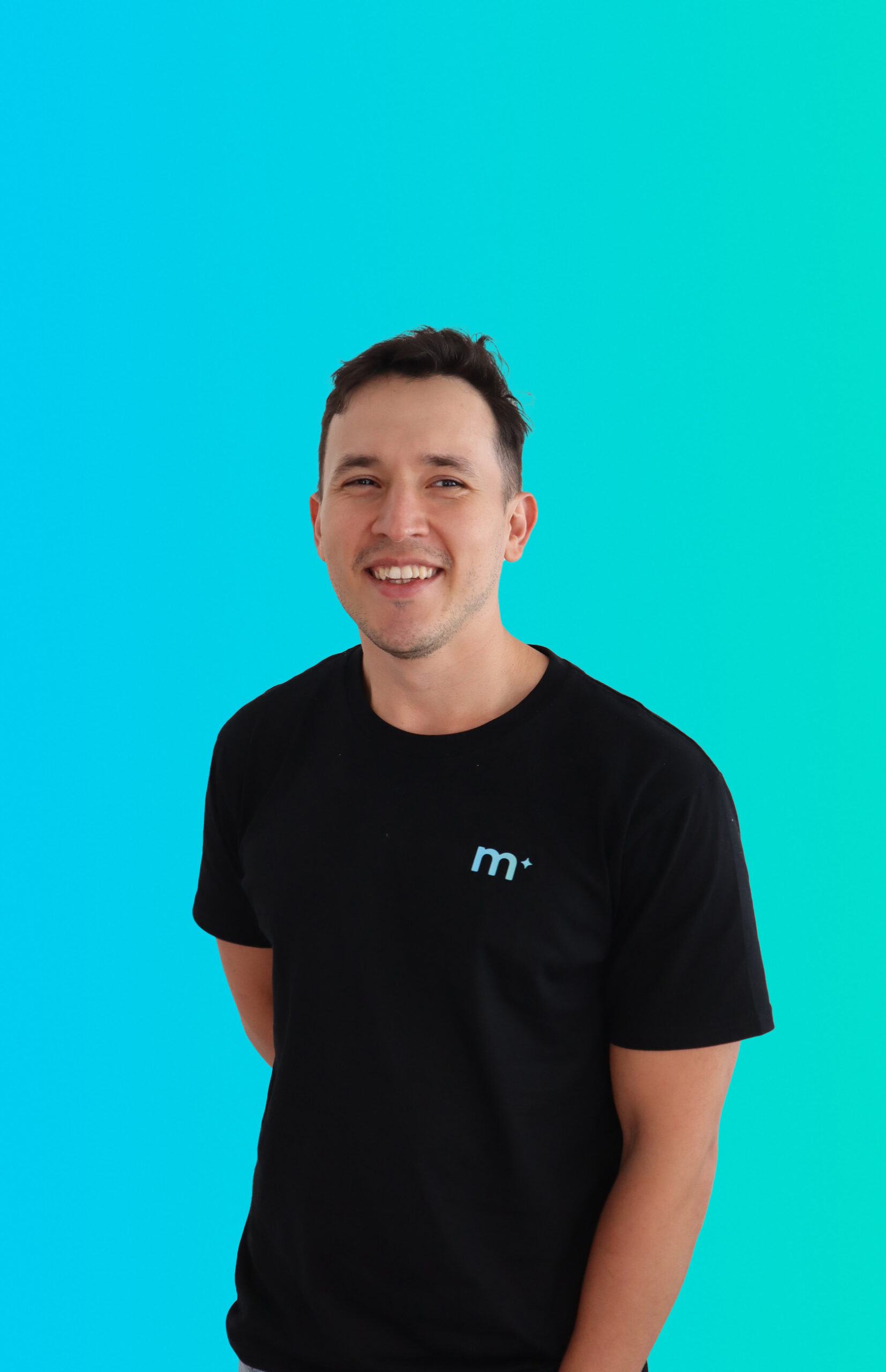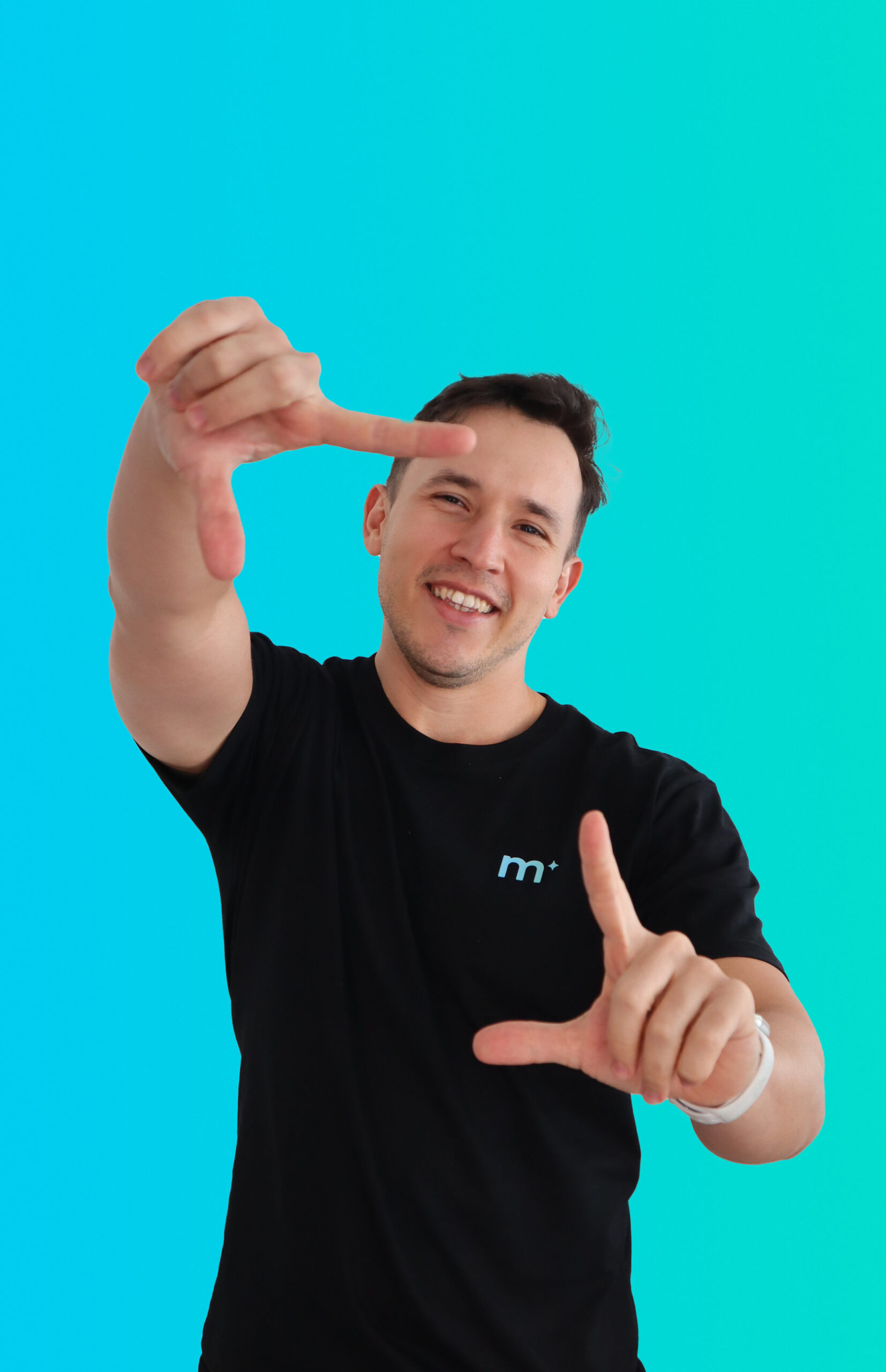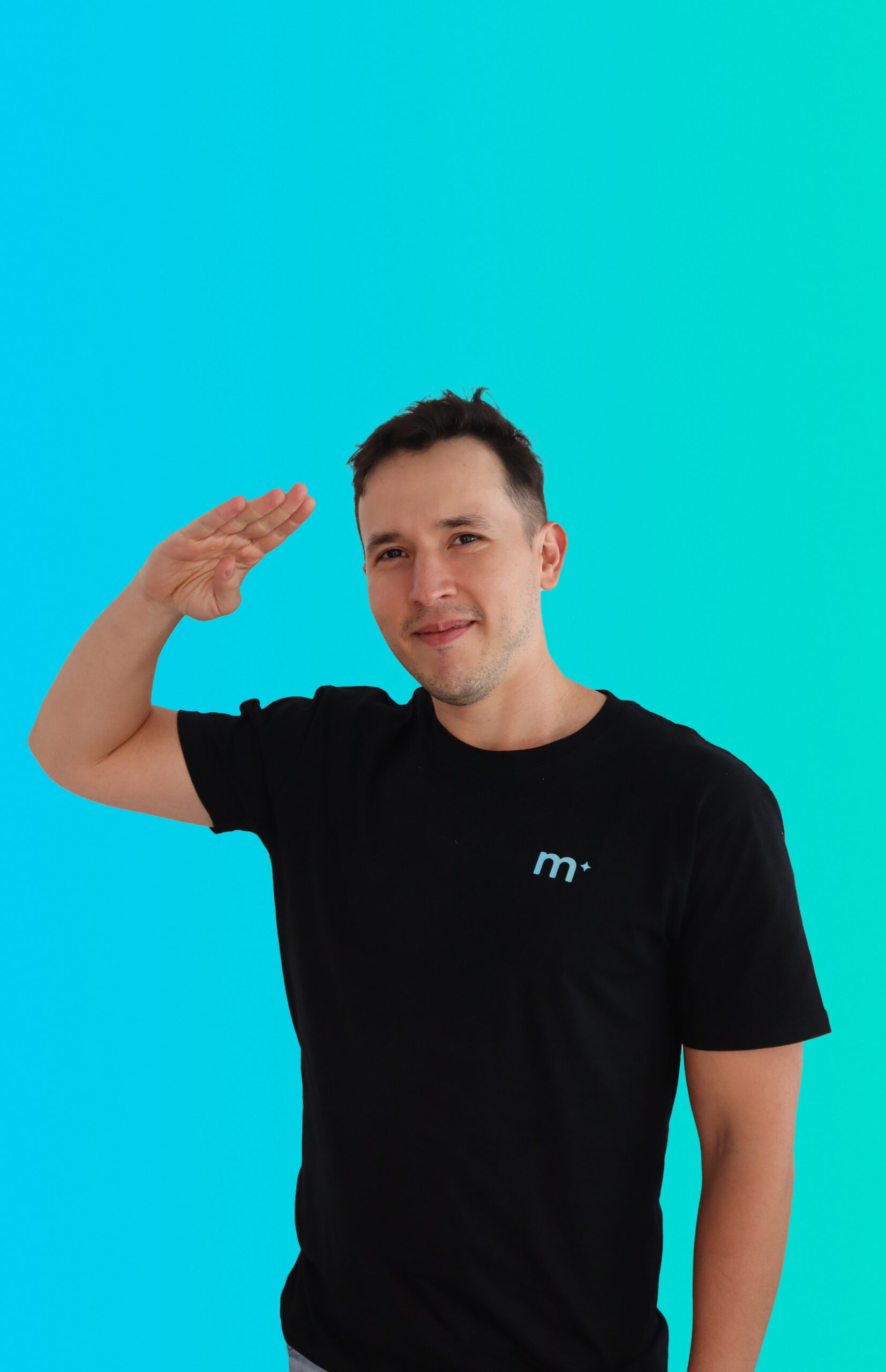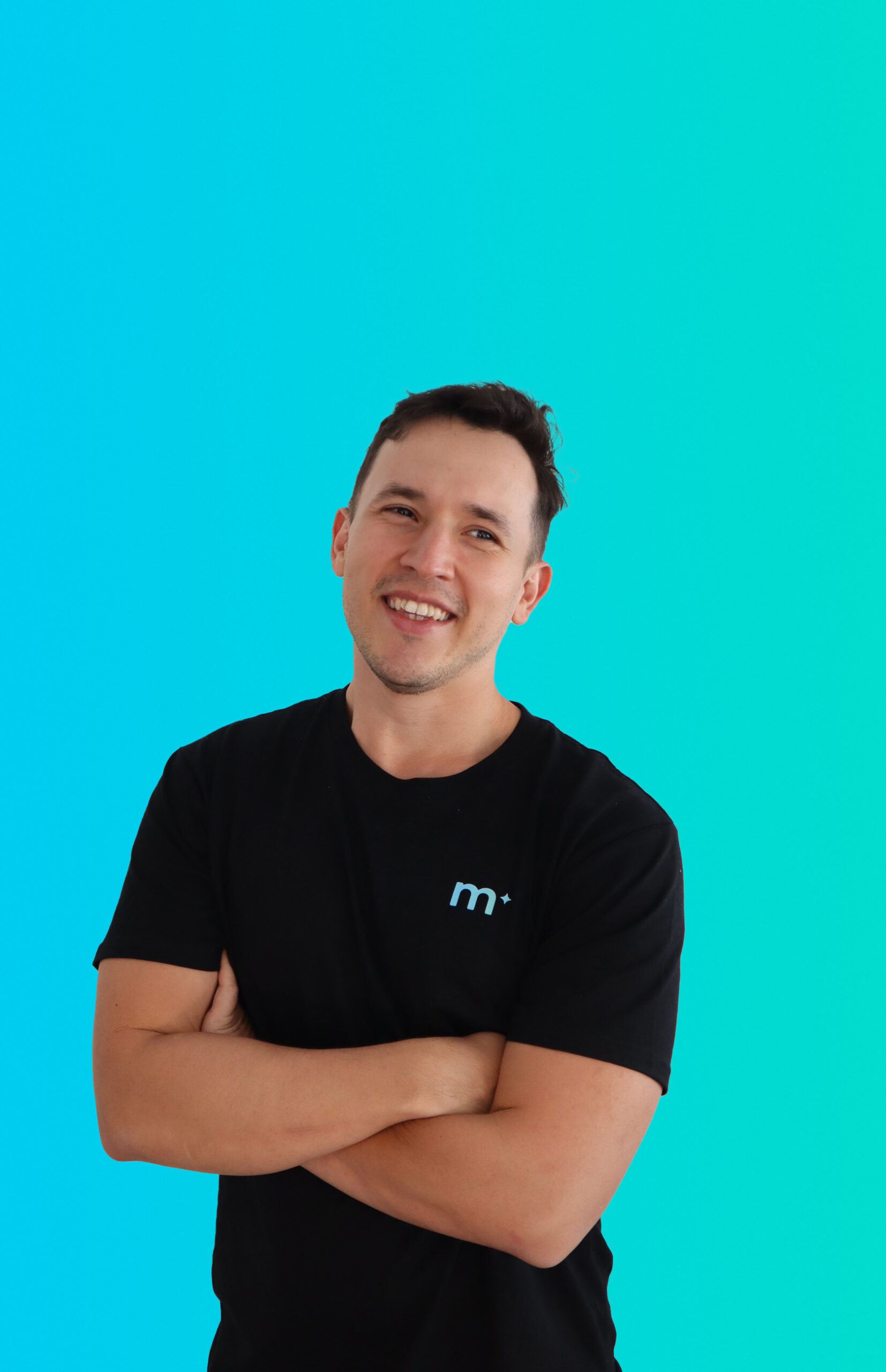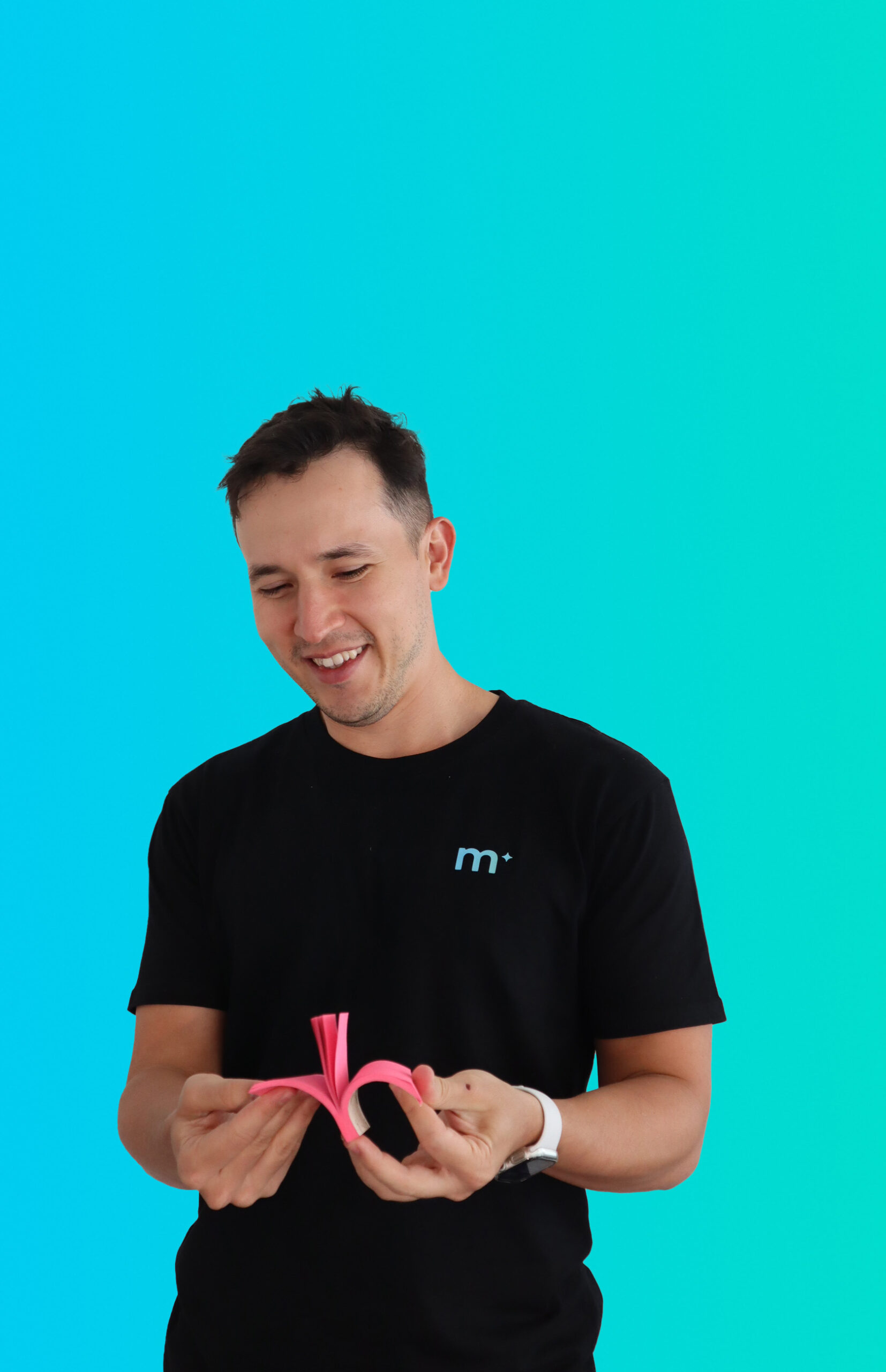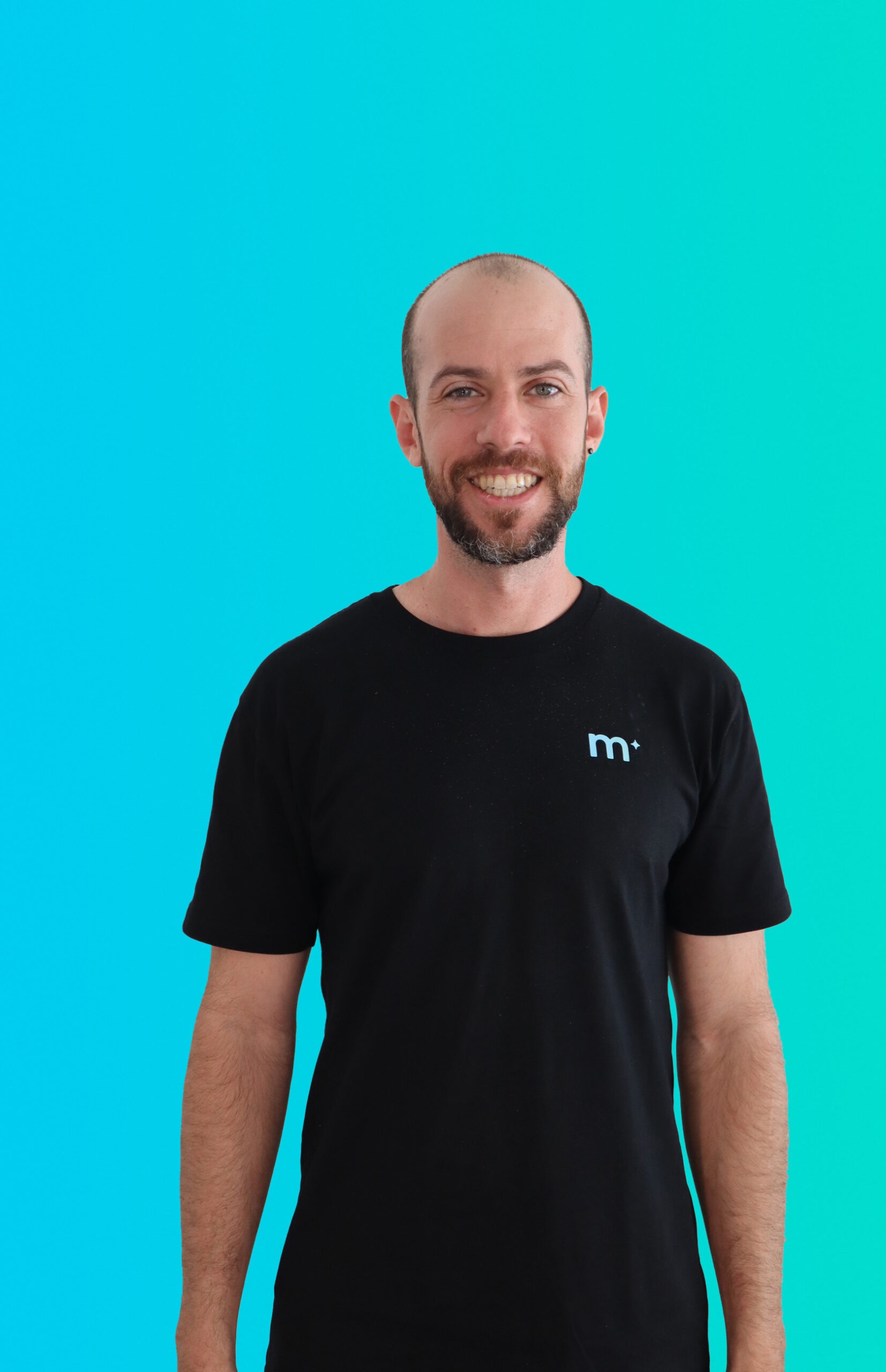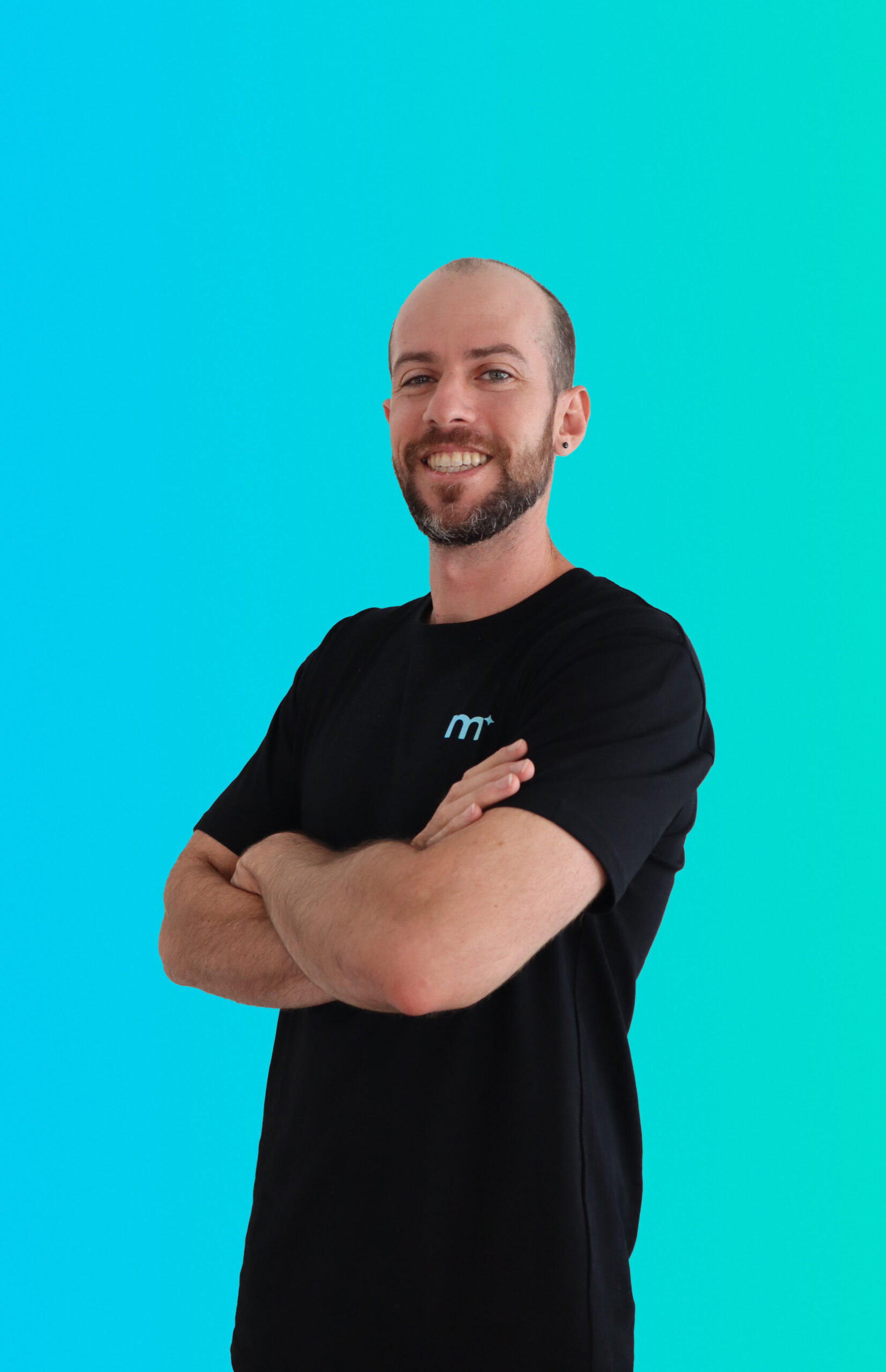Starting a NDIS Business: A Step-by-Step Guide
Starting an NDIS business in Australia offers significant advantages, including a growing demand for disability services and robust government support through the NDIS program, ensuring a stable market and revenue.
The sector presents diverse opportunities for service provision, catering to various needs. Moreover, such a venture is not only financially rewarding but also provides immense social impact and personal satisfaction by contributing positively to the lives of people with disabilities and fostering a more inclusive society.
Starting a National Disability Insurance Scheme (NDIS) business in Australia requires some pre-work. To ensure you don’t miss any of the steps. Here’s a comprehensive 8-step guide to help you navigate through the process from start to finish.

Step 1: Understand the NDIS Landscape
- Research the NDIS Market: Familiarise yourself with the NDIS framework, the types of services funded, and the needs of participants.
- Identify a Niche: Determine what specific services you want to provide. This could range from personal care, therapy services, community participation, to specialised equipment provision.
Step 2: Develop a Business Plan
- Outline Your Business Vision: Clearly define your mission, vision, and the objectives of your NDIS business.
- Market Analysis: Conduct a thorough market analysis, including potential client demographics, competitor analysis, and market needs.
- Financial Planning: Create a detailed financial plan, including startup costs, pricing strategy, and revenue projections.
Step 3: Register Your Business
- Choose a Business Structure: Decide whether you’ll operate as a sole trader, partnership, or company.
- Register the Business: Register your business name with the Australian Securities and Investments Commission (ASIC) and obtain an Australian Business Number (ABN).
Step 4: Obtain NDIS Provider Registration
- Understand the Requirements: Review the NDIS provider registration (NSW) requirements, which include compliance with the NDIS Code of Conduct and Practice Standards.
- Complete the Application: Apply for registration through the NDIS Commission. This process involves background checks, qualification verifications, and demonstrating your ability to deliver quality services.
Step 5: Set Up Operations
- Secure a Location: Depending on your services, find a suitable location for your operations. This could be an office, clinic, or a space for providing direct services.
- Hire Qualified Staff: Recruit staff with the necessary qualifications and experience. Ensure they understand the NDIS framework and share your commitment to quality care.
- Invest in Systems and Technology: Implement management systems for scheduling, billing, and client records. Technology that enhances service delivery can be a significant asset.
Step 6: Establish Policies and Procedures
- Develop Policies: Create policies and procedures that comply with NDIS standards, including client rights, privacy, safety, and complaint handling.
- Staff Training: Train your staff on these policies to ensure consistent and compliant service delivery.
Step 7: Marketing and Networking
- Create a Marketing Plan: Develop a marketing strategy that targets NDIS participants and their families. This may include digital marketing, community engagement, and networking with other health professionals.
- Build Partnerships: Form relationships with local healthcare providers, community organisations, and advocacy groups to build a referral network.
Step 8: Continuous Improvement and Compliance
- Monitor and Evaluate Services: Regularly assess the quality of your services and make improvements based on client feedback and industry best practices.
- Stay Compliant: Keep up-to-date with NDIS regulations and changes to maintain compliance and ensure high-quality service delivery.

Marketing a NDIS Business
The National Disability Insurance Scheme (NDIS) in Australia has opened a significant market for businesses that cater to the unique needs of people with disabilities. For NDIS businesses, understanding how to effectively market their services is crucial for growth and success. This article draws insights from industry experts like Neil Patel, Brian Dean, and Seth Godin, applying their marketing principles to the specific context of NDIS businesses.
Understanding the NDIS Market
The NDIS market is unique because it focuses on personalised care and services tailored to individuals with disabilities. Unlike other sectors, the emphasis here is on quality, customisation, and empathy. The first step in marketing an NDIS business is to thoroughly understand the needs and preferences of this demographic.
Developing a Strong Value Proposition
Your value proposition should clearly articulate what sets your services apart. This could be specialised care programs, innovative therapy techniques, or exceptional customer service. Remember, in the NDIS space, it’s not just about the services you offer but how you deliver them with care and understanding.
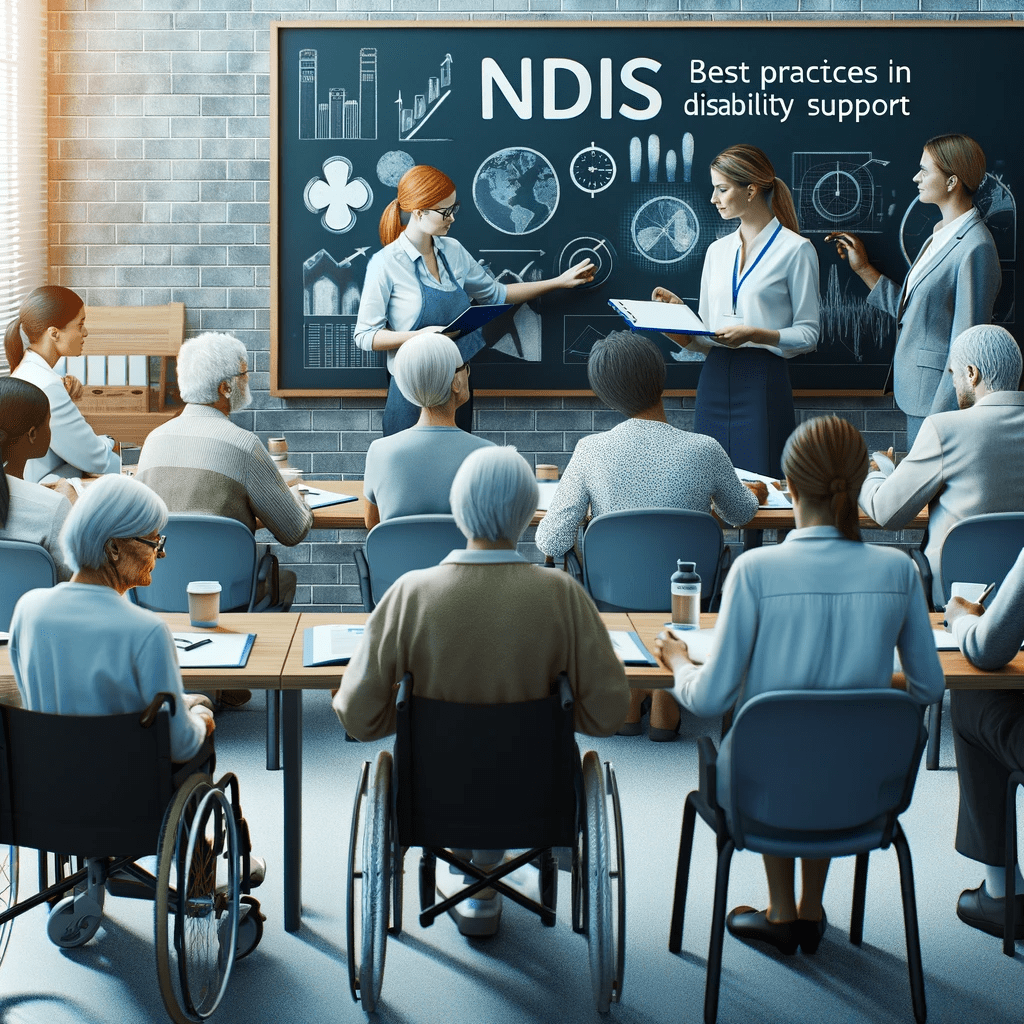
Marketing NDIS Expert Insights
Neil Patel on SEO marketing:
Neil Patel, a renowned digital marketing expert, emphasises the importance of Search Engine Optimisation (SEO). For NDIS businesses, this means optimising your website with keywords related to disability care and services. A robust online presence can help you reach more potential clients actively looking for the services you offer.
Brian Dean on Content Marketing:
Content is king, says Brian Dean. Create valuable content that addresses common concerns and questions of people with disabilities and their carers. Blogs, guides, and informative articles can establish your business as a knowledgeable and trustworthy entity in the NDIS market.
Seth Godin on Storytelling:
Seth Godin, a master of marketing, advocates for storytelling in marketing. Share success stories and testimonials from your clients. This approach not only adds a human element to your marketing efforts but also showcases the real-life impact of your services.
Top 3 Marketing Tips for NDIS Service Providers
Community Engagement
Engage with local communities and disability advocacy groups. Hosting workshops, participating in community events, and collaborating with other service providers can enhance your visibility and reputation.
Networking and Partnerships
Establishing partnerships with healthcare providers, local councils, and other relevant organisations can open doors to referrals and joint marketing opportunities. Networking is crucial in the NDIS space, as it’s often about who you know and how you collaborate.
Client-Centric Marketing
Remember, the core of NDIS marketing is about putting the client first. Your marketing strategies should always prioritise the needs and preferences of your clients. Personalised communication, empathetic customer service, and a deep understanding of your clients’ challenges and aspirations are key.

Case Study 1: CareCompanion
Overview
CareCompanion, a provider of specialised in-home care services, has made significant strides in the NDIS market. Their unique selling point is their tailored approach to disability care, focusing on individual needs and preferences.
Marketing Strategies
- SEO and Online Presence: They invested heavily in SEO, ensuring their services appeared at the top of search results for ‘in-home disability care.’
- Community Engagement: CareCompanion regularly organised community events, offering free workshops on disability care which significantly boosted their local reputation.
- Client-Centric Approach: Their marketing materials heavily featured testimonials and stories from clients, highlighting the personal impact of their services.
Case Study 2: Therapy Innovators
Overview
Therapy Innovators is known for its cutting-edge occupational and physical therapy services for people with disabilities. Their use of innovative therapy technologies sets them apart.
Marketing Strategies
- Content Marketing: They maintained an informative blog and video series demonstrating their innovative therapy techniques, positioning themselves as leaders in therapeutic innovation.
- Social Media Engagement: By actively engaging with their audience on social media, they built a community of followers, including clients, caregivers, and healthcare professionals.
- Collaborations with Tech Companies: Their partnerships with assistive technology companies not only improved their service offerings but also expanded their marketing reach.
Case Study 3: Accessible Adventures
Overview
Accessible Adventures focuses on recreational services for individuals with disabilities, offering custom travel and adventure experiences.
Marketing Strategies
- Storytelling and Social Proof: They excelled in storytelling, sharing inspiring travel stories of their clients on various platforms, which resonated with a wide audience.
- Influencer Partnerships: Collaborating with influencers in the disability community, they reached a broader audience and enhanced their brand image.
- Targeted Advertising: Utilising targeted online advertising, they reached potential clients looking for accessible travel options.
NDIS Services Costs List
Funding Options for Your Service
- Personal Support Work
Tailored in-home assistance for individuals.
$56.00 – $210.00 per hour - Supported Independent Living (SIL)
Aid in a group or communal living setting.
$605.00 – $3,500.00 per day - Nursing Services
Specialised healthcare services provided by AHPRA-registered nurses.
$96.00 – $450.00 per hour - Support Coordination
Guidance in selecting suitable support options.
$61.00 – $280.00 per hour - Community Participation Support
Assistance for engaging in community events and activities.
$59.00 – $210.00 per hour - Group Activity Involvement
Facilitating engagement in group-based activities.
$25.00 – $215.00 per hour - Specialist Disability Accommodation
Provision of specialised living spaces tailored to individual needs.
Pricing varies based on property specifics and location - Household Assistance
Services include cleaning, landscaping, and general home upkeep.
$54.00 – $82.00 per hour - Home Adaptations
Custom modifications to enhance living spaces for a better quality of life.
Pricing varies based on modification requirements - Therapeutic Services
Diverse allied health services, including physiotherapy and psychological counselling.
$195.00 – $322.00 per hour - Plan Management
Comprehensive management of individual funding plans.
Variable pricing - Life Transition Support
Offering guidance and mentoring through significant life changes.
$52.00 – $148.00 per hour - Assistive Products & Technology
A range of supportive products and technological aids.
Pricing varies based on product type - Personal Training & Exercise Therapy
Customised physical training and exercise therapy services.
$63.00 – $95.00 per hour - Behavioural Support Planning
Developing and implementing tailored behaviour support strategies.
$195.00 – $355.00 per hour - Vehicle Customisation
Vehicle modifications to meet specific individual needs.
Pricing varies based on the modification types - Early Childhood Support Services
Specialised assistance for children aged 0-6 years.
$83.00 – $390.00 per hour - Innovative Community Engagement
Developing unique community engagement activities.
Up to $525.00 per activity - Accommodation Assistance
Helping individuals find suitable living arrangements.
Pricing varies based on the assistance level - Employment Assistance
Support in securing suitable employment opportunities.
$60.00 – $89.00 per hour










